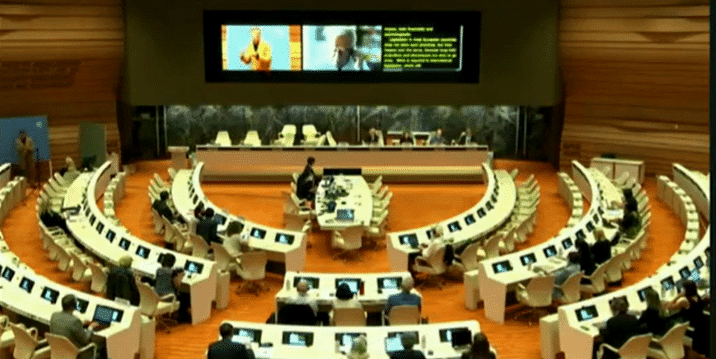
The multi-stakeholder meeting was held at the United Nations in Geneva from 29 to 30 August 2022. The format of the event (hybrid) allowed for civil society organisations (CSOs) to show strong mobilisation and support to the Human Rights Council in making recommendations on how to advance the human rights of older persons.
The aim of the UN meeting was to bring together key stakeholders to talk about the gaps and fragmentation in the protection of the human rights of older persons in the international human rights law and mechanisms. The meeting was divided into four sessions, and discussed a recent report of the High Commissioner for Human Rights published as a follow-up to the Human Rights Council (HRC) Resolution 48/3.
A summary report of the meeting will provide conclusions and recommendations on how to advance the rights of older persons to the Human Rights Council by its fifty-second session.
Our joint recommendations to the Human Rights Council
In August, in preparation of the multi-stakeholder meeting, we coordinated our actions with our members and other NGOs.
In a joint statement together with other 411 GAROP member organisations, we urged Member States to:
- Adopt at the Human Rights Council 52nd session a new substantive resolution that recognizes the findings of the High Commissioner’s report and defines concrete steps to close the protection gaps for older persons.
- Call Upon the UN General Assembly’s Open-ended Working Group on Ageing to take fully into account the findings and recommendations of this multi-stakeholder meeting in order to fulfil its mandate.
- Start drafting a UN convention on the rights of older persons now so that we can all age with rights.
Self-advocating as to ensure older persons’ voices are heard
The mobilisation of our members both online and in-person was really strong, sending a clear message to the Member States: representative organisations of older persons are crucial. Several NGOs, including AGE, made recommendations on the importance of including NGOs at all stages of policymaking processes.
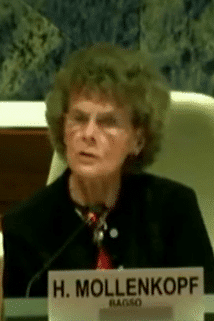
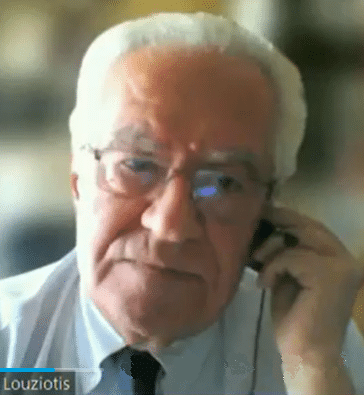
The way older people are generally portrayed – and omitted – in the media, was denounced by Ms. Elizabeth Mestheneos from 50+Hellas in a written statement. This ‘impedes the implementation of concrete national actions to advance their human rights’.
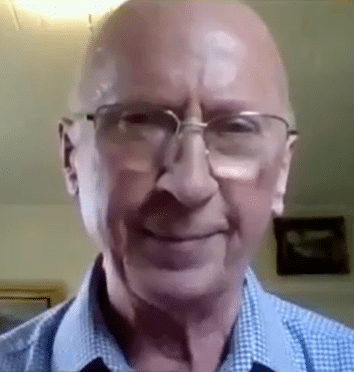
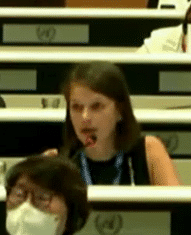
Other AGE members attended the meeting remotely, reinforcing the representation and participation of NGOs. The following members attended the meeting remotely: Ms. Licia Boccaletti from Anziani e non solo (Italy), and Ms. Ľubica Gálisová from Fórum pre pomoc starším (Slovakia). On their social media, our Slovak members stated the multi-stakeholder meeting clearly pointed out the lack of laws and measures as to protect and fulfil the human rights of older persons.
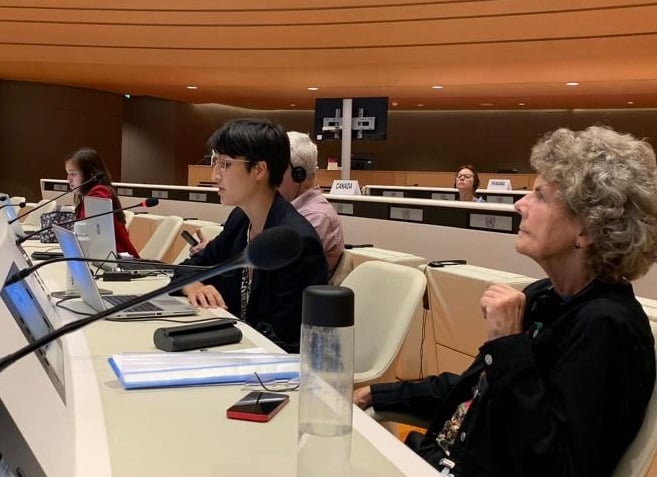
You can read AGE statements here and re-watch the recorded sessions: Session 1 – Session 2 – Session 3 – Session 4
Portugal joined Slovenia and Austria in the adoption of a UN Convention
Portugal joined Slovenia and Austria in stating the importance of a UN convention on the rights of older persons. Portugal declared that they ‘agree with the importance of open negotiations at the UN for a new convention and international legally binding instrument to protect and promote the human rights of all older persons’.
To have another EU Member State joining the call for the adoption of a legally binding instrument is an important step forward. Congratulations to our Portuguese members, notably the organisation APRe!, the Association of Pensioners and Retirees, whose strong advocacy efforts have paid off.
‘More Can and Should Be done’
Very few Member States attended the meeting in-person, with even less participation during the second day. The EU Delegation to the UN and other international organisations in Geneva only attended the first session in-person. In their statement, they stressed the ‘persisting pre-existing inequalities in human rights protection and urged for strengthening efforts and coordinating actions ‘to ensure that older persons can preserve their dignity, independence, and autonomy, while holistically considering the needs of all age groups.’ They further stated that ‘more can and should be done to improve the situation of older persons’. They finished their statement by giving the example of regional initiatives: the Horizontal Treatment Directive and the new EU Care Strategy when referring to the human rights of older persons in the EU.
Slovenia and Argentina showed solid leadership in asking other Member States to join their statement, calling for‘adopting a coherent, comprehensive and integrated human rights framework on older persons, while further integrating older persons’ concerns into the work of existing mechanisms’. It further argued for considering the intersectional and cumulative effects of discrimination’.
Austria announced that they are going to organise an international conference on the human rights of older persons in 2023 with the objective to give Member States and CSOs a platform to meet and discuss next steps. They asked the panellists where they saw opportunities on how to bring hesitant Member States to the table to achieve and increase support from Member States in the long term.
Next steps
As part of our advocacy work towards the adoption of a United Nations’ Convention on the rights of older people, we will…
- Inform Member States about the Independent Expert’s mandate and crucial role. During the 51st session of the Human Rights Council (12 September – 7 October 2022), one Resolution will aim to renew the Independent Expert’s mandate: our members could ask their governments to support it.
- There will be an interactive debate with the Independent Expert on 19 September with civil society organisations.
- Ask Member States to support the new Resolution during the 52nd Human Rights Council.
- Continue trying to approach the EU Working Party on Human Rights (COHOM).
- Prepare the 13th session of the Open-Ended Working Group that will take place in New York.
Read the summary report of the multi-stakeholder meeting (in 6 languages)
For more information on our advocacy towards the adoption of an UN Convention, you can consult the following resources:
- BAGSO recent commitment to advance older people’s rights at EU and UN level
- Read our special briefing on the 12th session of the Open-Ended Working Group
- OEWG12 Webpage
- Learn more about the UN Open-Ended Working Group
- What is the Value of a New UN Convention?
- Read the discussion Paper ‘Time for a UN convention on the rights of older people: How the Covid-19 pandemic has shown the need to protect our rights in old age.’
- Learn more about the Global Rally
- HelpAge International Global Campaign
- GAROP #AgeWithRights Campaign
- Read our short guide on how to avoid stereotypical communication when talking about ageing and older people
For further information on the multi-stakeholder meeting, you can contact Human Rights Officer, Ms. Apolline Parel at apolline.parel@age-platform.eu

Representatives of Civil Society and of the Permanent Missions of the Republic of Slovenia, Brazil and Argentina






